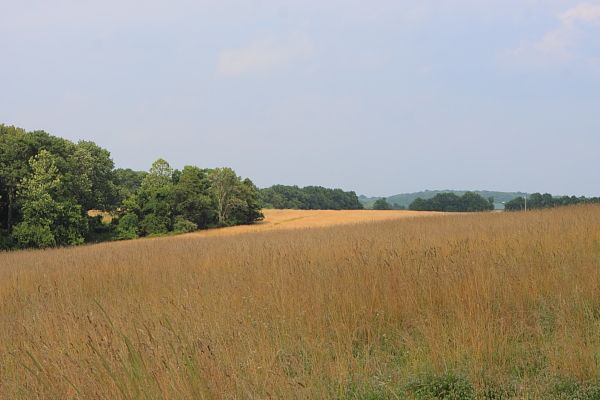Star Ledger a “Reluctant” Yes
Word beginning to get out on damaging impacts of Open Space diversion scheme
We’ve had some very important recent developments on the open space diversion debate –
Today, the Bergen Record editorialized and urged a NO vote, see: Public Question No. 2
It may seem obvious to support dedicating money to preserve land in the nation’s most congested state, but voters really have to consider the fine print on this one.
The dedicated money from the corporate tax now is used primarily to improve water quality, to clean polluted sites and to remove underground tanks. The proposed amendment would redirect most of that money to preserve open space, farmland and historic sites. The amendment would raise the dedicated portion of the corporate business tax to 6 percent in 2019.
Critics, including some environmental groups, fear that the redirection would hurt the state’s ongoing water quality and cleanup programs.
As dwellers in the fine print, we’re proud to be the Record’s unnamed critics and environmental groups.
It’s unfortunate that the Record editorial writers failed to credit the source of the arguments they base their editorial on, but those involved in the debate know where this criticism is coming from.
Additionally, our arguments influenced – but did not prevail – as the the Star Ledger editorialized on Friday with a “reluctant yes”, see: A reluctant yes on open space ballot question:
Under current law, 4 percent of revenue generated by the corporate business tax is constitutionally dedicated to a menu of green causes, from removing underground storage tanks to filtering diesel emissions from school buses.
This amendment redirects much of that money to open space purchases instead. That will cause collateral damage. It could weaken water protections and lead to spending cuts at state parks. It might result in layoffs in the Department of Environmental Protection.
We urge folks to read the fine print.
Don’t cannibalize and hurt water quality, toxic site cleanup, and State Parks programs to buy land.
There are alternatives.


Pingback: WolfeNotes.com » Head of NJ State Parks Service Calls Damage From Open Space Diversion “Worse than Sandy”
Pingback: colts nfl wiki
Pingback: variabel bebas
Pingback: pengertian budaya menurut para ahli
Pingback: pengertian administrasi
Pingback: arti signifikan
Pingback: signifikan adalah
Pingback: contoh variabel penelitian
Pingback: limbah domestik
Pingback: contoh karangan argumentasi
Pingback: pengertian bukan warga negara
Pingback: contoh variabel penelitian
Pingback: pengertian disiplin
Pingback: pengertian budaya menurut para ahli
Pingback: pengertian administrasi
Pingback: pengertian eksistensi
Pingback: pengertian hasil belajar
Pingback: pengertian siswa
Pingback: nike total 90 iii
Pingback: nike roshe run grey camo
Pingback: WolfeNotes.com » Green Greed – Reduced Funding For Public Lands, More Money To Private Groups
Pingback: Norfolk luxury homes